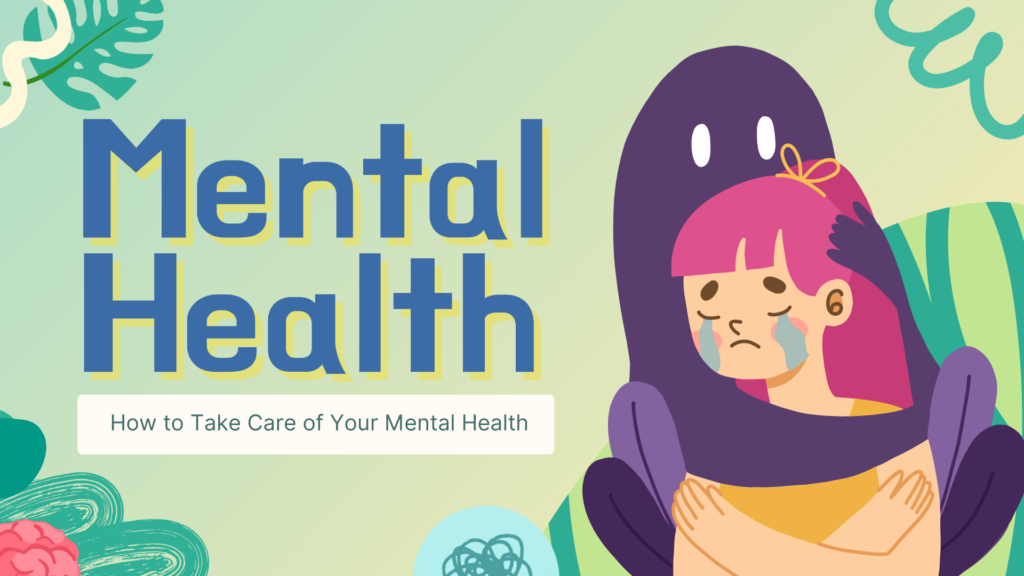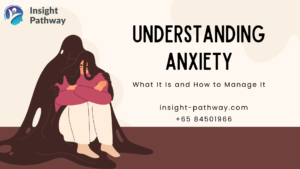Burnout has become a growing issue, affecting people across professions and backgrounds. Burnout isn’t just occasional stress or tiredness; it’s a state of deep physical, mental, and emotional exhaustion from prolonged, unmanaged stress. Recognizing burnout early on is crucial to managing it effectively and protecting your mental health. With resources like psychotherapy and counselling in Singapore, individuals facing burnout can gain valuable support.
Long-term, excessive stress can lead to burnout, a state of emotional, mental, and physical weariness. Burnout is frequently associated with difficult job conditions, but it can also result from other chronic stressors including caring obligations, money worries, or academic demands. Burnout necessitates deliberate and all-encompassing interventions to restore equilibrium; unlike normal fatigue, it cannot be remedied by a restful night’s sleep.
Recognizing Signs of Burnout
Burnout manifests differently for everyone, but here are some common signs:
- Decreased Motivation and Productivity
People experiencing burnout often lose interest in activities that once motivated them. At work or in daily tasks, they may find it difficult to concentrate or accomplish what was once manageable.
- Emotional Exhaustion and Alienation
Cynicism and social and emotional alienation are two effects of burnout. People may feel cut off from their personal or professional lives, and relationships may suffer.
- Reduced Sense of Accomplishment
Many feel a growing sense of ineffectiveness, leading to feelings of incompetence or self-doubt.
- Physical Symptoms
Because of the body’s protracted stress reaction, burnout can result in physical problems including headaches, tense muscles, and even digestive disorders.
Addressing burnout begins with acknowledging these signs. You can learn more about your stressors and develop healthy coping mechanisms with the assistance of a professional therapist or mental health counsellor.
Controlling and Avoiding Burnout
The following techniques can help you regain balance and avoid burnout in the future if you see symptoms of burnout in yourself.
- Recognise and Deal with Stressors
It’s crucial to comprehend the underlying causes of your stress. If stress at work is the main issue, consider discussing modifications with a supervisor or asking coworkers for help. Counselling services from a qualified therapist can offer much-needed respite and understanding for emotional or personal stress.
- Set Healthy Boundaries
Setting boundaries can protect you from overwhelming demands that contribute to burnout. Whether it’s limiting work hours, declining extra tasks, or carving out time for yourself, boundaries are essential to maintaining balance. In some cases, discussing these with a mental health counsellor can provide guidance on how to establish and maintain healthy boundaries without feeling guilty.
- Prioritize Self-Care
Self-care goes beyond occasional treats or relaxation; it includes daily habits that support your physical, mental, and emotional health. This can mean ensuring adequate sleep, eating nutritious foods, exercising regularly, and making time for activities you enjoy.
- Relaxation and Mindfulness.
By keeping you centred and in the now, mindfulness exercises like yoga, meditation, and deep breathing can help you feel less stressed. According to studies, these methods can raise focus, elevate mood, and lower stress hormones. Enhancing emotional resilience through mindfulness practice can also help you handle difficult circumstances with greater clarity.
- Recognise When to Ask for Help
Seeking assistance from a mental health counsellor is a proactive step towards recovery if burnout symptoms continue despite your best efforts. A qualified therapist can assist you in creating customised stress-reduction plans, and counselling can provide the space you need to explore the more profound problems causing burnout. Counselling services offer easily accessible solutions for anyone in need of expert assistance in managing mental health issues and burnout.
- Seek Support through Psychotherapy and Counselling
Psychotherapy and counselling provide a confidential, non-judgmental space to discuss feelings of burnout and explore personalized coping strategies. Through counselling, you can gain tools to manage stress, enhance self-awareness, and rebuild resilience. A professional therapist can guide you in understanding unhelpful thought patterns and help develop healthier responses to stressors.
Conclusion
Burnout can feel overwhelming, but with the right support, it’s possible to regain balance and resilience. Investing time in self-care, setting boundaries, practicing mindfulness, and seeking professional help are effective strategies for managing and preventing burnout. Remember, taking care of your mental health is an ongoing journey, and psychotherapy and counselling can provide the guidance you need.
If you’re experiencing burnout, know that support is available. Insight Pathway’s counselling services connect you with compassionate professionals who can help you navigate life’s challenges and build a foundation for lasting mental wellness.
Let burnout be a signal to prioritize your well-being and make sustainable choices that support a balanced, fulfilling life.




